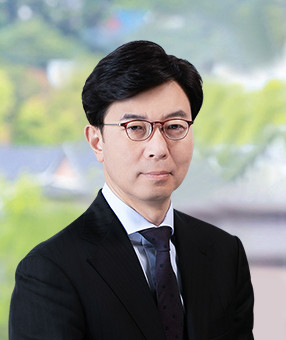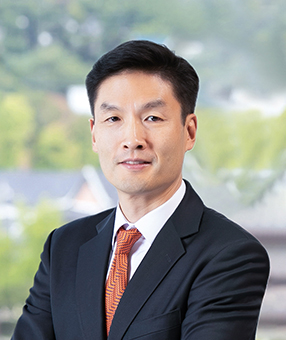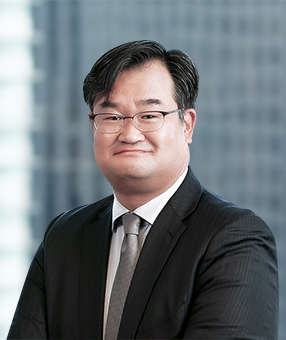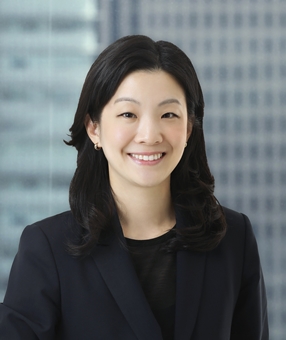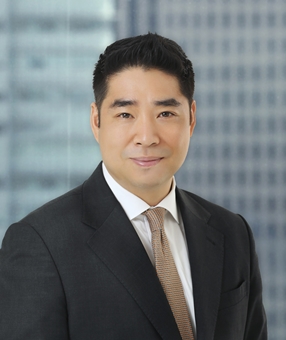Since the enactment of the Whistleblower Protection Act (“WPA”) in September 2011, whistleblowing activity in Korea has increased steadily, in part as a result of sustained efforts by the Anti-Corruption and Civil Rights Commission (“ACRC”) to promote and encourage whistleblowing. In 2021, there were a total of 5,417,879 cases of public interest whistleblowing, a 63.3% increase from the preceding year.
On October 13, 2022, the ACRC introduced partial amendments to the Enforcement Decree of the WPA with the aim of providing greater financial incentives for whistleblowers. The proposed amendment would make the following changes to the existing policy.
(1) Under current regulations, the ACRC is authorized to pay monetary rewards to whistleblowers who bring substantial financial gain (or prevent losses) to the central or local government as a result of the whistleblowing. The proposed amendment, if adopted, would increase the ceiling for such reward from the current KRW 200 million to 500 million (i.e., USD 155,000 to 391,000).
(2) For a whistleblower who is an employee or a contracting party of a public institution, corporation, entity or organization (defined as “internal public whistleblowers”), the ACRC is authorized to recommend a monetary reward equal to a certain percentage of the financial gain (or prevention of loss) resulting from the whistleblower’s report. Under current regulations, the cap on such reward is 30% of the financial gain or loss prevented. However, the proposed amendment, if passed, would completely remove the cap altogether.
By way of background, financial rewards have been effectively used by the ACRC to create substantial incentives for whistleblowers. For instance, in 2019, a whistleblower who reported a defect in a vehicle was awarded the maximum KRW 200 million as the report resulted in a major recall ordered by the Ministry of Land, Infrastructure & Transport. In April 2022, an internal public whistleblower who reported an unlawful discharge of contaminated water by a waste management company was awarded KRW 358 million. The report also resulted in a KRW 4.3 billion fine being imposed on the company.
In 2012, the total amount of rewards paid out by the ACRC was KRW 28 million. In 2021, the corresponding figure had increased to KRW 811 million. The rewards paid out by other government agencies (as a result of the ACRC’s recommendation) in 2021 amounted to KRW 8.5 billion. Thus, if the upper limits of the financial rewards are increased (or removed) as proposed under the present amendments, we expect that this will have a tangible impact in further incentivizing public interest whistleblowing.
The public commenting period for the proposed amendment ended on November 22, 2022. After the draft amendment bill is reviewed by the Ministry of Government Legislation and the Presidential Cabinet, the draft bill is expected to come into effect in approximately two to three months.
For companies doing business in Korea, greater incentives to promote whistleblowing presents particular challenges. Companies should also be mindful of the increasing number of internal whistleblowing that often arise from disgruntled employees who feel under-compensated or are passed on for promotions. In addition, cases of internal whistleblowing can often lead to subsequent government regulatory inquiries or criminal investigations. In light of this, the company and its management must ensure that cases of internal whistleblowing are properly handled from the early stages in accordance with all statutory and regulatory requirements as well as company policies and procedures.
Related Topics





